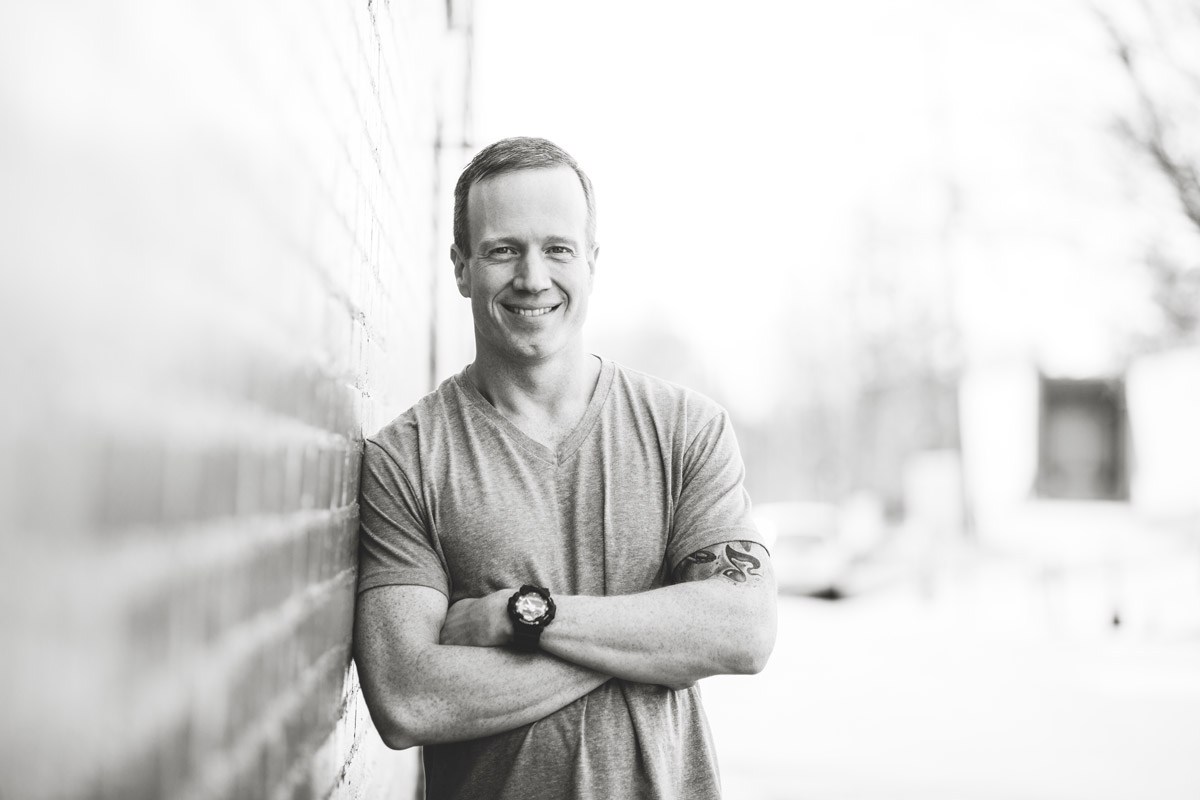I am a writer.
I am a healthy person.
I am smart with my money.
When we say we “are” something, we broadcast our identity. This is what we stand for, what we believe in, and how we want people to think of us.
Voicing our identity is good. Demonstrating it through our actions is better. People are skeptical, so we need evidence to support our case.
But this is nothing new.
Tribalism is in Our DNA
Homo sapiens are tribal by nature. Before the Agricultural Revolution, humans were nomadic foragers. They hunted and gathered food. But they didn’t do this alone.
Early humans wandered the landscape in groups of 30 to 40. These groups fed one another, took care of their sick, and provided safety and protection. They were close-knit groups with shared interests–they were tribes.
There were many dangers for early humans. Wild animals, harsh environments, and neighboring tribes could spell trouble. So tribes were the key to survival. And getting shunned or kicked out of a tribe was a quick way to die.
To remain in good standing with the tribe, early humans had to do their part. Saying “I’m a member of this tribe” meant little. Their actions had to support their goal of survival.
Their actions confirmed their identity.
Modern Tribalism
Our days of hunting and gathering are long gone, but our need to identify with groups is not.
I’m a Democrat/Republican. I’m a vegan. I’m a morning person. I’m an atheist. I’m a Christian. I’m an Alabama fan. (Of course you are. Because who isn’t?)
We proudly plant our flags and identify with these groups–with these tribes. Then we take action.
We vote. We avoid animal-based foods. We picket and protest. We go to church. We put the sticker on our car. We wear the t-shirt.
We do the things necessary for people to believe we are what we say we are. Because anyone can say these things, but it takes real commitment to act in ways that support our claims.
People need proof.
Actions as Evidence
Our identities are important.
They provide emotional support. They offer common ground for connection with like-minded people. They help us survive–in a modern sense–the onslaught of attacks from opposing tribes.
And they give us direction. Our identities are our compasses.
What do you do? What do you believe? What do you stand for?
The answers to these questions are our identities.
People are watching. They want to see if our actions support our words. If they don’t, we lose credibility. We can’t claim that identity because we’ve done nothing to prove it.
This is a big deal. When we identity with a group, we must act in ways that support our words. The more actions we take, the more committed we are.
This is both good and bad.
The Dark Side of Identity
The more we embed ourselves in a tribe, the more defensive we become. We do whatever it takes to protect our identities.
We repeat and dispense information without verifying its accuracy. We dismiss information that conflicts with our beliefs. We’re hostile and even aggressive toward the opposition. We follow the rules of the tribe or risk rejection.
But this applies most to a small percentage of groups. (And I prefer to avoid politics and Alabama fans.)
The good thing is most tribes are neutral. They’re neither good nor bad. These are our professions, hobbies, passions, and creative endeavors.
They are our core identity. And as long as they don’t have a negative impact on the world, we can identify with any group without fear.
The Stakes are High
It’s our choice. We can identify with any tribes we want. We can stick with the ones forced on us all our lives, or we can join new ones.
We can also change our identities. We can accept new information and use it to make new decisions. We can be self-aware adults.
It’s not about what we want to be or do–those are goals. We achieve goals, scratch them off our list and forget about them. Instead, it’s about who we say we are.
I’m a compassionate manager. I’m an artist. I’m a philanthropist. I’m a loving parent. I’m an entrepreneur.
We can say we are many things. We can be members of many tribes. But what we say means nothing without action. The people in our lives want to see evidence that we are who we say we are.
The stakes are high. Choose wisely.
